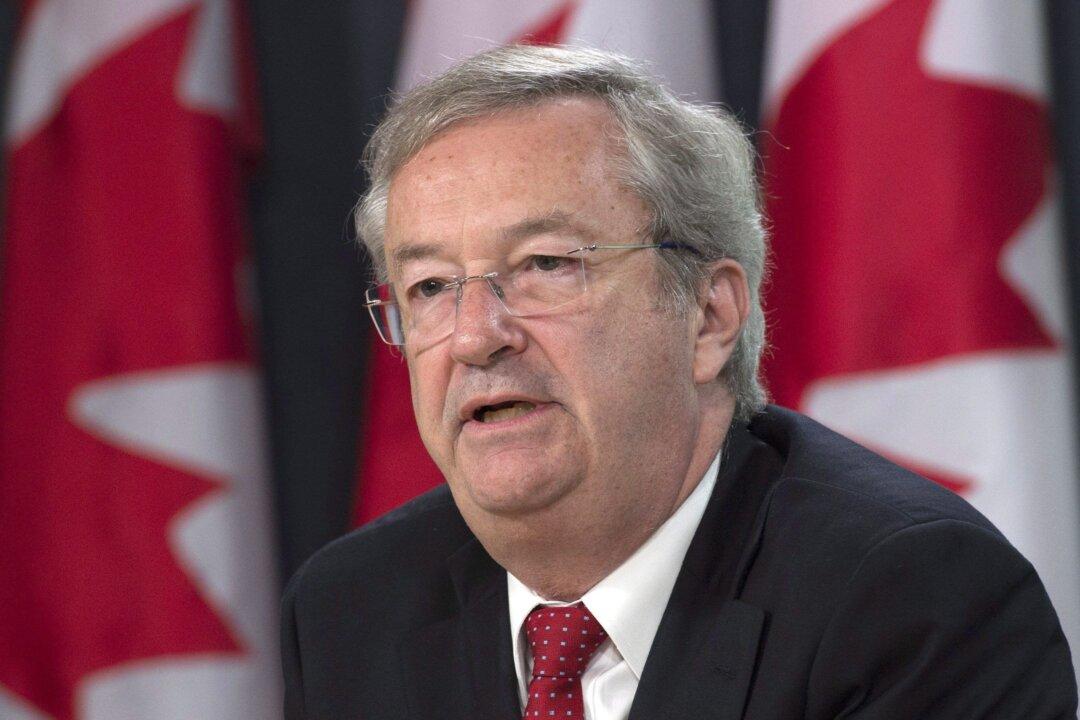If the Liberal government follows the chief electoral officer’s advice, it may think twice before giving the electoral system the dramatic overhaul it has pledged.
Marc Mayrand is not against such an overhaul, but with the Conservatives demanding a referendum, Parliament would fall short of the kind of majority of votes that New Zealand—an exemplar of electoral reform—requires for similar changes.
The Liberals have pledged that the election that brought them to power would be the last under the first-past-the-post system currently in place. After a rocky start, the special committee struck to look into electoral reform is now touring the country holding hearings on the issue.
Speaking to reporters on Wednesday, Sept. 28, Mayrand cautioned against changing the electoral system without wide support.
“I don’t believe that a single party, whatever the majority of that party is, should be entitled to change the [Canada Elections] Act unilaterally,” he said.
In his written recommendations to Parliament on Monday, Mayrand suggested following New Zealand’s example, which requires a special majority of 75 percent of parliamentarians before key provisions of their electoral law can be changed.
“I believe this is something that parliamentarians should consider,” he wrote.
New Zealand’s example has also won praise from Conservative democratic institutions critic Scott Reid.
In one of the Special Committee on Electoral Reform hearings in June, Reid described New Zealand’s electoral reform process as “the closest thing I think we have to a gold standard for a Westminster-style country like Canada.”





